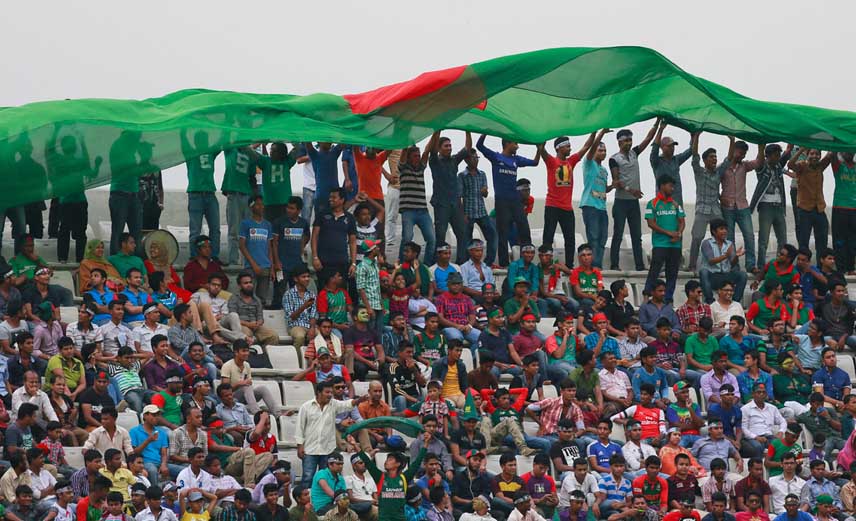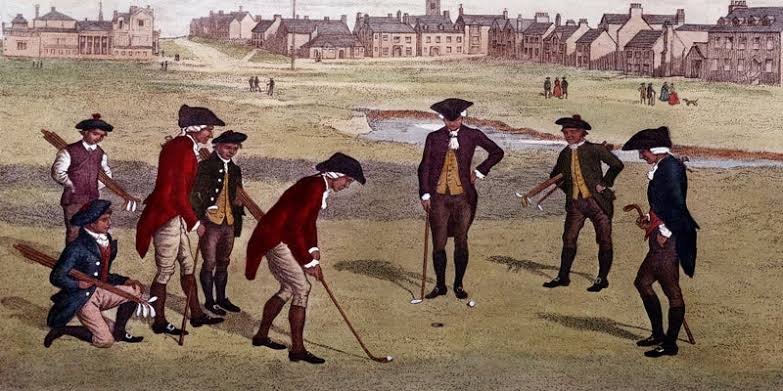


Can Bangladesh Cricket Regain Its Power to Unite the Nation?
Rasadur RahmanCricket once served as a unifying force in Bangladesh, transcending religion, caste, and political beliefs, with the nation collectively celebrating victories and mourning defeats. However, that unity seems to be fading. The rise of political tensions following the Hasina government’s fall has complicated matters. Shakib faces potential arrest if he returns, leading to his insistence on safety assurances, which have yet to be provided by the Bangladesh Cricket Board (BCB) or the government. Instead, government officials have publicly downplayed his significance, igniting divisions among fans—some protesting his return while others rally in support.
Recent months have been tumultuous for cricket in Bangladesh. The national team celebrated a historic Test series whitewash against Pakistan on their home soil, yet faced a disappointing whitewash in India and a loss to South Africa at home.
Amid these events, the retirement of Shakib Al Hasan has dominated discussions. The world-renowned all-rounder announced his departure from Test cricket after the series in India, expressing a desire to play his farewell match in Bangladesh.
However, due to his connection with the controversial Hasina government, an unwritten ban has prevented his return, leaving him unable to say goodbye to his fans on home ground.
Cricket once served as a unifying force in Bangladesh, transcending religion, caste, and political beliefs, with the nation collectively celebrating victories and mourning defeats. However, that unity seems to be fading. The rise of political tensions following the Hasina government’s fall has complicated matters. Shakib faces potential arrest if he returns, leading to his insistence on safety assurances, which have yet to be provided by the Bangladesh Cricket Board (BCB) or the government. Instead, government officials have publicly downplayed his significance, igniting divisions among fans—some protesting his return while others rally in support.
In a stark departure from past solidarity, the nation’s sentiments towards Shakib have splintered. As one of cricket's greatest all-rounders—often compared to legends like Gary Sobers and Imran Khan—his fall from grace is perplexing. Controversies, particularly his political affiliations and on-field misconduct, have alienated many fans.
Although Shakib recently issued a public apology, the wounds may still be fresh for many.
Mashrafe Mortaza, once a beloved figure embodying the hopes of the populace, also found his reputation tarnished through political associations.
His transition from cricketing hero to a figure aligned with the ruling government has left many disillusioned.
Cricket and politics in Bangladesh have often clashed, and the expectation for cricketers to act as role models has been unmet, particularly during recent political unrest.
Where cricket once served as a unifying sport, the rise of women's football is capturing the nation's attention, signaling a shift in sporting priorities. This decline in cricket's popularity is evident in dwindling spectator attendance at matches. Without a commitment from cricketers to serve as ideal icons, the situation could deteriorate further.
As Bangladesh cricket enters a post-Shakib era, turmoil looms. With senior players retiring and captaincy debates heating up—Nazmul Hossain Shanto has already indicated his intention to step down—the future remains uncertain. The power to unite the nation through cricket is slipping away. Will this cherished sport find a way to mend its fractured identity?



Bangladesh: The Next Frontier in Golf Tourism
Picture this: teeing off with the lush green hills
...Read moreSubscribe to our newsletter to get update daily.
Do not miss the top Golf magazines.
© Golf & Beyond, All rights reserved by
Tiger Golf Club
Designed and Developed by QuraitzDev
